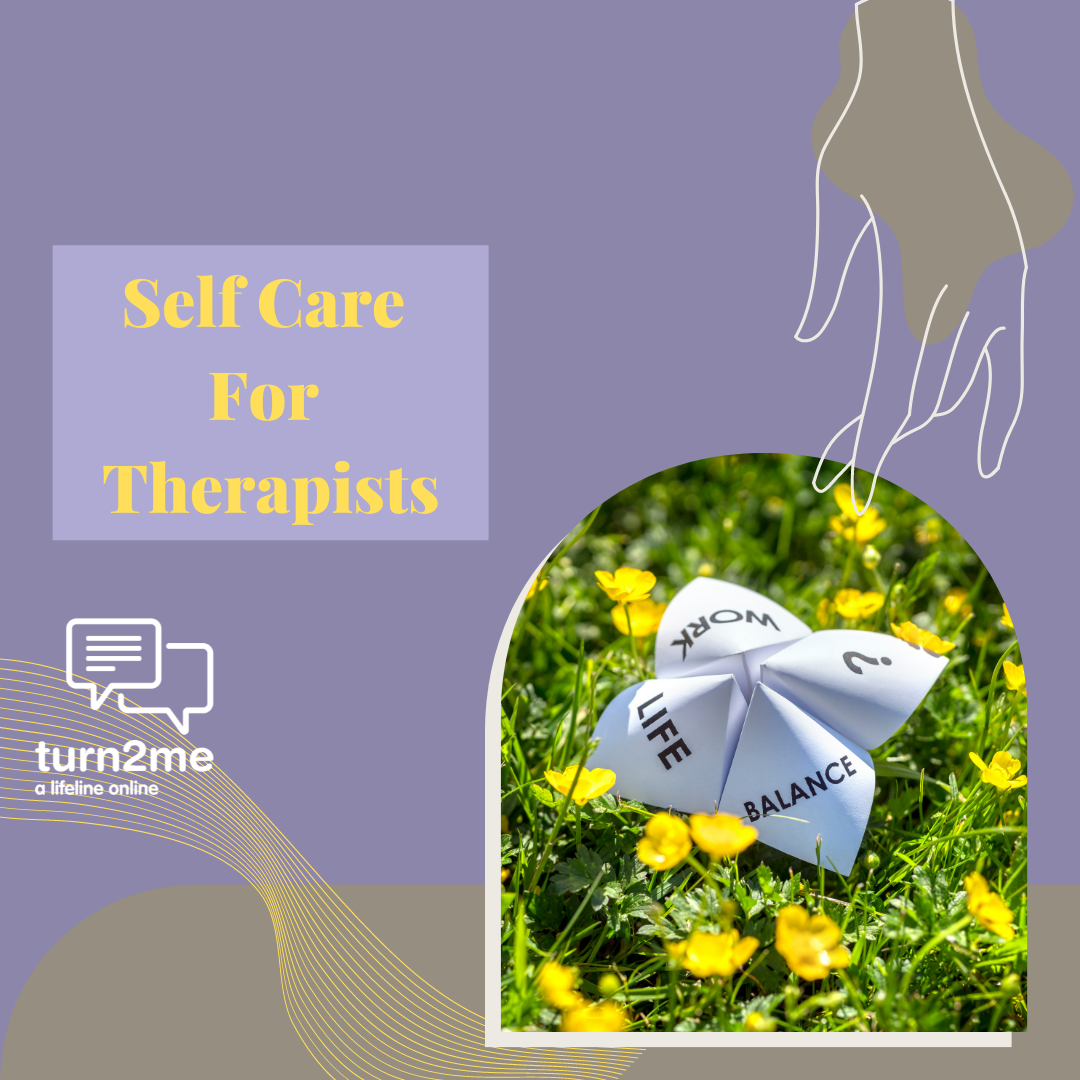How does a therapist juggle it all? How do we go from the therapeutic space to our own personal lives and back again? What is the cost of switching in and out for a therapist? As a working therapist I find it comes in ebbs and flows, some days are easier than others. It is important to be aware of where your own window of tolerance is, and to take a break and recharge when required. This is where our own self care is crucial and vital to our ability to continue with our therapeutic work. Through supervision, we must look at the emotional toll our work takes. Without these resources we face increased stress, reduction in our resilience and are heading towards burnout.
Fact of Life
Stress is a fact of life, there is no way to erase it fully from our lives. However, within the therapeutic space we can be faced with a continuous stream of potentially stressful experiences, severe trauma, unimaginable abuse, spine chilling fear, explosive anger to name a few. How do we keep ourselves safe in this space so that we can hold our clients and keep them safe? We are only human, and if not aware can fall victim to the 9-5 thinking but be warned this comes at a very high price both personally and professionally. There is nothing 9-5 about the work that counsellors, psychotherapists, and clinical psychologists do.
Even “experts” forget their own training and to prioritize their own mental health and wellbeing. Remember the basic sources of stress, your environment, social stressors, physiological and of course our thoughts. We need to ensure we allow ourselves the time to check in, become self-aware. Every therapist working can fall victim to carrying around their client’s emotional baggage and confuse it as their own, we all know the danger that chronic stress can have to our bodies and minds. It is imperative to our wellbeing and continuation of our work that we allow ourselves the time to cleanse, focus on ourselves, breathe and just be…..
Stress affects everyone
It’s not just therapists who need to be aware of their self-care, any busy professional, parent, adult or teenager needs to be mindful of their mental health and wellbeing. These days life is busy, it can appear we are required to navigate it all and get it right the first time. It is these kinds of expectations that we put on ourselves or allow others to project onto us that is the problem. They are not reflective of real life. We are all flawed, vulnerable, emotionally scarred and need the time to practice, not to fear failure. Afterall it is these qualities that make us unique, arm us with the resilience that we desperately need in this modern, fast paced world. So, embrace your individuality, step away from the crowd and just be you. Find what works for you.
Way to cleanse, focus on you, breathe and just be…
So how do we know what works? Selfcare is not ‘one size fits all’, it can take some time to find what fits into your daily routine, personality, and skill set. What is crucial to any selfcare plan is that it is flexible and sustainable… think small steps, set realistic goals, remember practice will be required. Show yourself support, kindness and patience. A good tip is to ask yourself what you enjoyed as a child, children are free, they do not have the same inhibitions that older people have, they have no societal pressures yet. As we get older, we can lose our childlike qualities, I would encourage you to find them and hold tight.
Most people are also familiar or have heard of several relaxation techniques such as simple breathing exercises (sample at the end), meditation (which takes a lot of practice) acknowledge where you are at, beginner, intermediate or expert, if not it can increase anxiety, you need to practice a lot of patience with meditation and visualization. Exercise is a great tool to reduce stress. Again, work at your own pace depending on your fitness level and what you enjoy.
Work Stress Management
If you find yourself always busy, assess how you are currently spending your time. You need to understand the limits of multitasking, reorganize your priorities. Work stress can account for a tremendous amount of personal misery. It can cause uncertainty, frustration, reduced motivation, fatigue, reduced productivity and eventually lead to burnout. There can be a lot of factors: work overload, impossible expectations from the boss, impossible deadlines, hostile co-workers, lack of recognition or rewards, inadequate training, an unpleasant work environment to name a few….
Symptom relief from work stress
Stress management can be effective in increasing your sense of control, this can improve your symptoms of guilt, depression, low self-esteem and irritability. Also, your psychosomatic symptoms can be reduced, upset stomach, headaches, fatigue, insomnia. Where do you begin? Consider the following steps:
- How do you respond to specific work stressors?
- Give yourself realistic goals to respond more effectively.
- Change your thinking.
- When in conflict, negotiate.
- Pace and balance yourself.
Remember you know yourself best, check in, ask yourself, how am I? What do I need to do to help myself? Don’t be afraid if the answer is “I’m not ok”. We can’t be ok all the time, so take control and manage your stress and put in place a flexible and sustainable self-care plan, tailored to you. This will increase your resilience and remember to breathe.
Breathing Technique
Find an area where you feel comfortable and safe. Try to incorporate this into your everyday life, while the kettle is boiling, waiting on your bus, train for example.
4, 7, & 8 routine
- Breathe in for 4 seconds
- Hold your breath for 7 seconds
- Breathe out slowly for 8 seconds
- Repeat at least 3 times.
